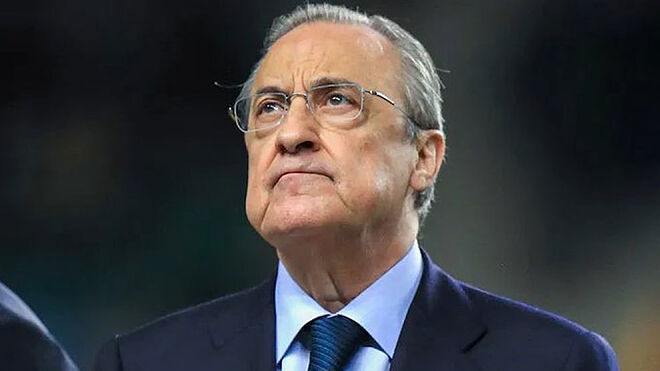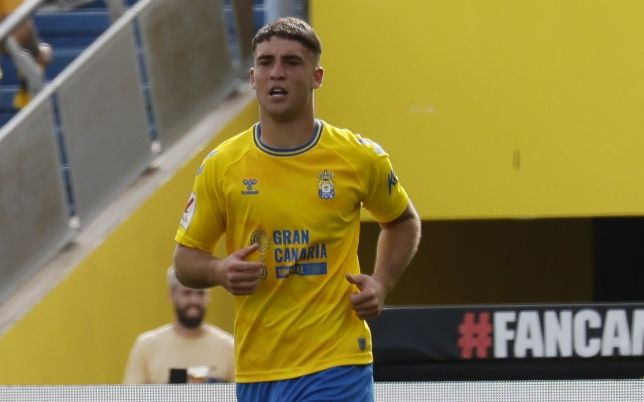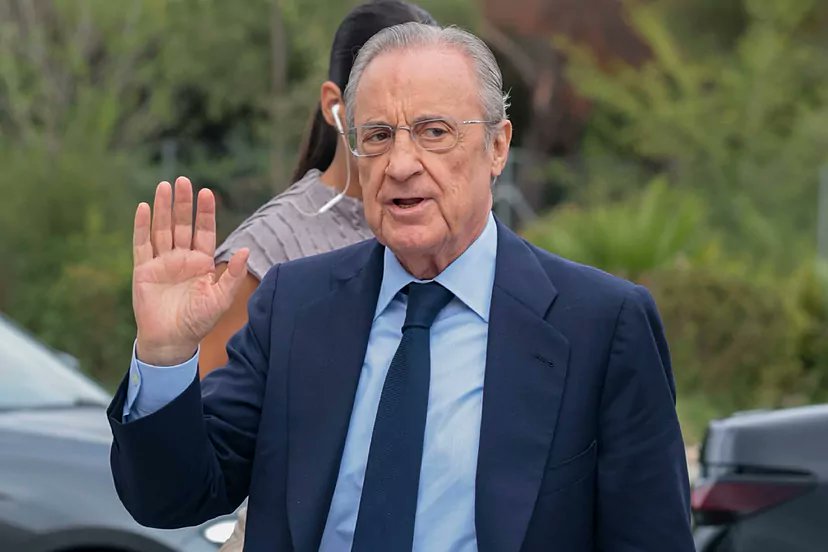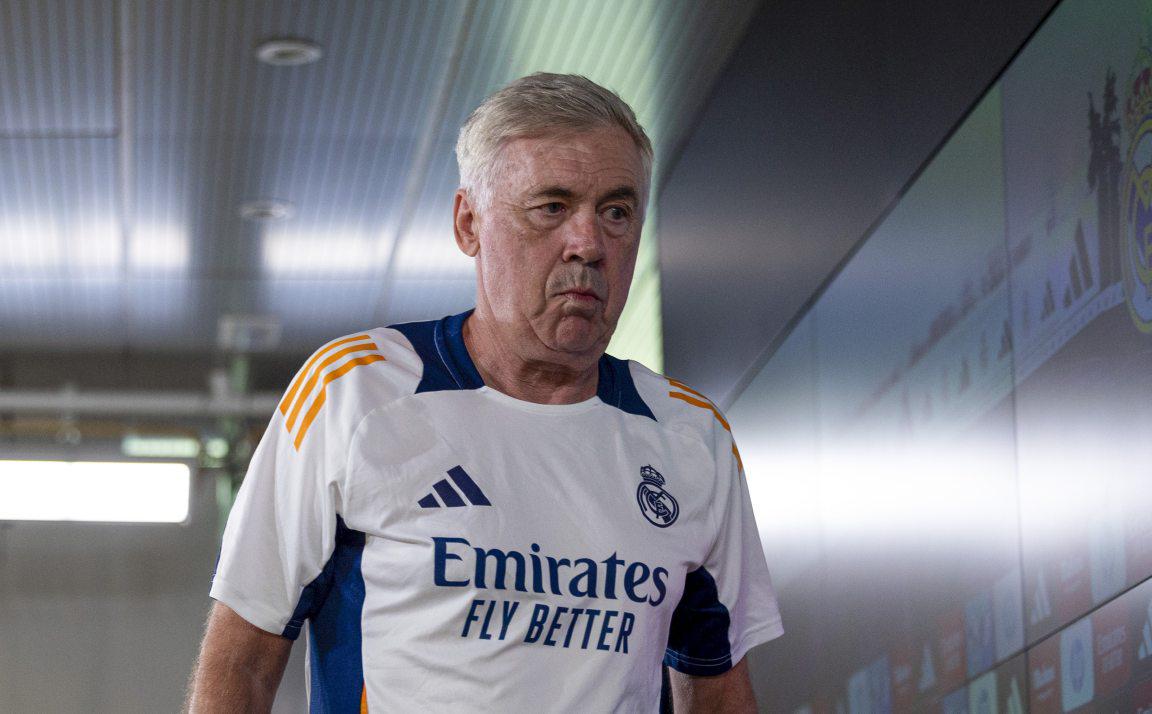By Cillian Shields l @pile_of_eggs
Bookending the short life of the Super League were two media appearances from its first president Florentino Pérez. The Real Madrid boss came out with all guns blazing on both occasions and stuck to the same lines, arguments, and justifications, but in the 48 hours that passed in between the El Chiringuito and El Larguero interviews, the surrounding context had completely flipped on its head, making the construction magnate ultimately appear delusional, out-of-touch, desperate, and weak.
The Real Madrid president is a very powerful man, not only in Spanish and European football, but in the business and political worlds as well. He doesn’t often give such in-depth access to the media because he doesn’t have to. But on the day of his attempted coup of the top level of the sport we love so much, somebody simply had to face the cameras and explain to the world what was going on.
In his first interview this week, on the El Chiringuito football talk show on Monday night, Pérez cut an all-powerful figure, an indestructible villain that nobody could stop. During the day on Monday, UEFA issued threats of severe punishments for any club and player taking part in the breakaway league, including potentially banning Real Madrid, Chelsea, and Manchester City from this season’s Champions League, a week before the trio are due to play out the first legs of the semi-finals. Just a couple of hours later, a competition court ruled that it would be illegal for any of the Super League sides to be punished by third parties for their involvement in the new project. The court that made that ruling is based in Madrid.
Florentino Pérez was the driving force behind this power-grab and assured fans all over the world that this project was going through. The initial 12, another three founding clubs, and five special invited teams, determined by unspecified criteria, would each year dedicate their weeknights to the money-spinning Super League, with revenues multiplying for all involved and the fraudulent promise of trickle-down economics benefitting football as a whole.
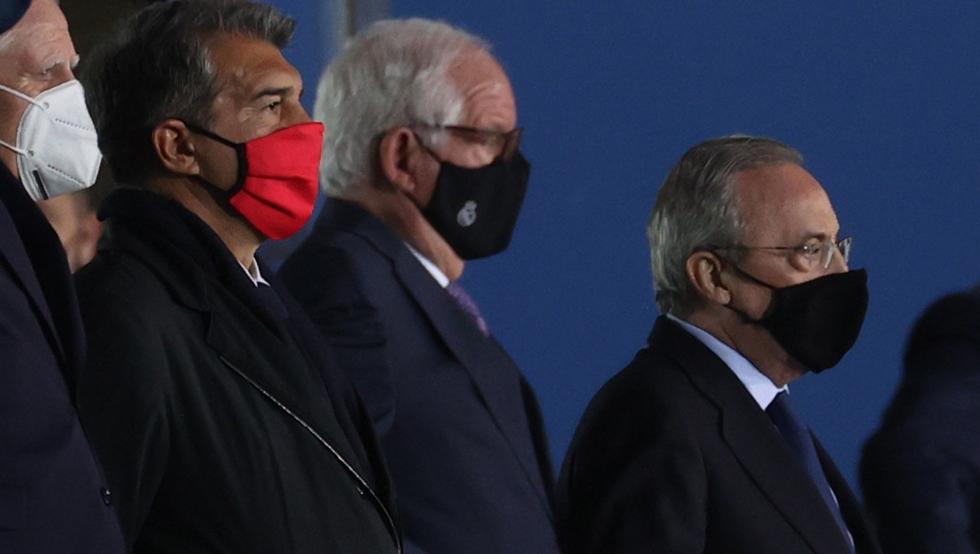
The example of Lens, flying high in the French Ligue 1 this season, was put to Pérez, and without a hint of irony, the billionaire explained that the benefit of the new breakaway competition for clubs such as this would be that they could sell their best players to Super League clubs. Could Lens actually qualify for the tournament though? Of course, Pérez claimed, assuring time and time again it was not a closed competition.
Organizers designed the Super League structure in a way so that five guests are allowed to sit at the table each season, and this allowed them to claim it was an open competition. On Wednesday, Pérez admitted that the mechanisms of who qualifies were not yet decided, and the line of “open competition” convinced nobody. Besides, in the hypothetical scenario where five teams were to be allowed to participate, they would have to forego UEFA competition that season and likely for another number of seasons if the European football body were to apply a ban for participating in the Super League, likely rendering it pointless to participate in it for just one edition.
It may have been strictly, by the definition of the words, an “open” competition that any club might have the possibility of participating in, but this is without a doubt a disingenuous bending of the meaning of ‘open competition’. It would be “open” for who they wanted it to be open to.
This point also makes the assumption that the five invited teams would be from Europe, which we shouldn’t be so quick to do. The Super League may not have necessarily been a strictly European one. Why not up the price of the television rights deals in Asia with a Japanese team involved? Or likewise for an American or Middle Eastern, or any other team from a place with a large media market waiting to be exploited? These details of how the Super League would function were never communicated.
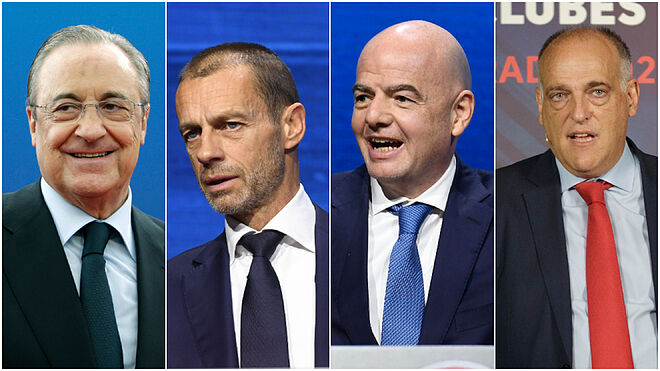
Yet still, on Monday night, the frustration of having to listen to these blatant lies, built only to serve the greed of a few, added to a sense of hopelessness when the Super League appeared so powerful. And then, all of a sudden, it didn’t.
Chelsea fans protested ahead of their Premier League game against Brighton, Petr Cech pleaded with them to let the team bus pass, and all of a sudden participating clubs were pulling their involvement from the new would-be super competition left, right, and centre.
Florentino Pérez was then due to appear on the El Larguero radio programme on Tuesday night, but as the flurry of news came crashing in faster than we could digest, this interview was promptly postponed to Wednesday night. By then, everything surrounding the Real Madrid president’s Monday night interview and Wednesday night’s affair had completely changed. What was just a couple of days before, a domineering, unstoppable supervillain now looked alone and deluded.
His message was practically the exact same as Monday night’s, his talking points and arguments had no change. He was adamant that the project was still good for football as a whole, that without it the very fabric of football would crumble, and that Italian teams had not even pulled out.
He told his interviewer that there were only 40 Chelsea fans present at the protest that dislodged the foundations of this house of cards, and, somewhat astonishingly, that he “could tell who brought them.” He repeated that the competition was only on standby, not finished for good, and acted like a victim in the face of an “avalanche” of “aggression, threats, and insults” coming from the outside toward the Super League.
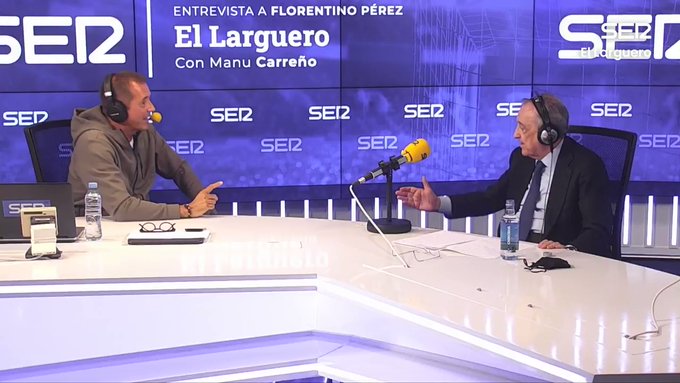
He pleaded for transparency from other actors in European football, yet revealed that this iteration of the Super League concept had been in the pipeline for three years, not to mention that it was presented to the world extremely late on Sunday night under the cover of darkness.
Pérez gave the example of tennis and its structure on numerous occasions on Wednesday night, pointing out that fans all over the world get to see the top players on a regular basis, insinuating that football needed a similar model, and – without saying it, but to bring the same idea to its natural conclusion – implying that the domestic league model would have no place in the future, given the tennis comparisons he liked to draw.
He argued that the 12 initial superclubs that had signed up had a combined fanbase of hundreds of millions, and that he wanted to tap into the untold riches that this fertile market presented, while at the same time arguing that the format of football, as it is now, is no longer interesting for fans around the world, even though the current format hasn’t stopped these clubs amassing such a gigantic global supporter base he mentioned before.
The same messages, the same lines, the same rhetoric that made Pérez seem like an tenacious, unstoppable mastermind, now made him look weak. His brazen arrogance was very easy to see through, his lies and claims didn’t carry anything like the same weight they had just 48 hours earlier, and he cut a lonely figure clinging onto old dreams of a failed, farcical, entitled, arrogant, coup.
